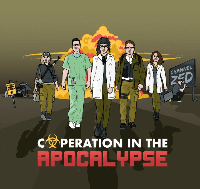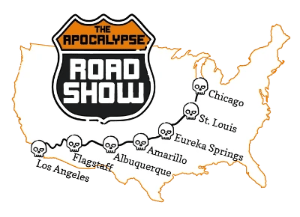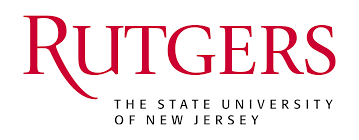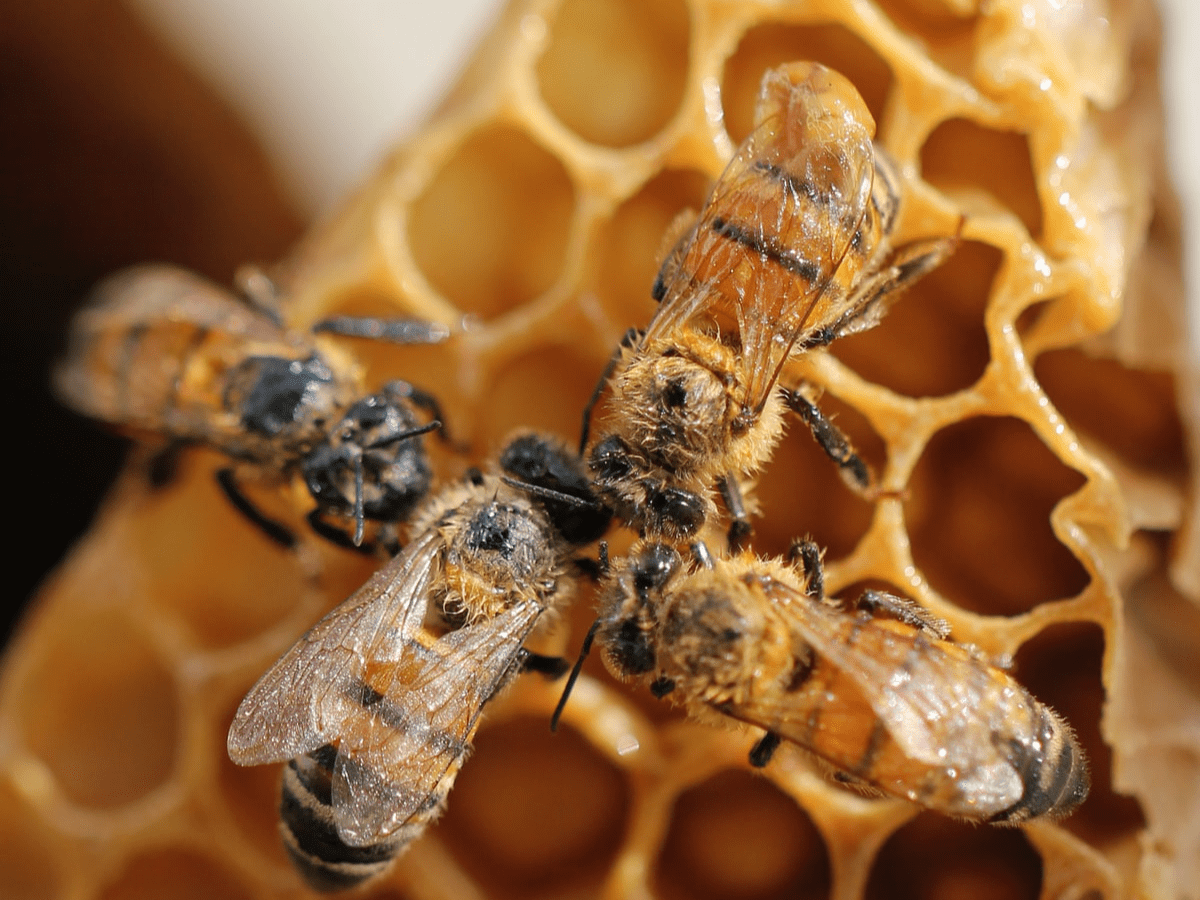

The Cooperation Science Network
Bringing together cooperation scholars from across the disciplines
About The Cooperation Science Network
Radically cooperative. Inherently interdisciplinary.
The Cooperation Science Network is a group of scholars spanning many disciplines who come together to understand the fundamental principles driving cooperation and the forces that can compromise it.
Cooperation Across Systems
Cooperation occurs at all levels of biological and social organization, from the genome to the General Assembly and everything in between: eukaryotic cells, multicellular organisms, microbiomes, social groups, corporations, societies, nations, and economies.

Cells
Cells can cooperate through producing public goods, protecting one another from threats and dividing labor.

Humans
Humans cooperate in many of the same ways that cells do, but also have the ability to communicate and innovate, allowing for cooperation in many domains.

Societies
Not only do humans cooperate among each other, but groups of humans also cooperate with other groups. Social, cultural and political institutions play an important role in cooperation at this level.
The Cooperation Science Blog
Cooperation in theory and practice
From newly re-elected president Donald Trump’s threatened tariff increases to concerns about immigrants taking Americans’ jobs, zero-sum thinking is common. Lee Cronk argues that despite the pervasiveness of this thinking, society has become mostly positive sum through the growth of trade. With...In an Albuquerque hospital recently, the Intensive Care Unit was full, and yet more COVID-19 patients rolled in who needed beds. “We’ve been handling it so far,” a friend who works there as an emergency room physician said. “But if it gets worse….” This is not an isolated incident. Hospitals...Activities
We sponsor research, scholarly meetings, educational events and outreach activities to bring together scholars and students interested in studying cooperation across systems.

Join scholars for a live discussion of cooperation theory classics
From Hamilton's work on kin selection to Ostrom's classic work on managing the commons, our Foundations of Cooperation Livestream brings modern cooperation researchers together to discuss new books and papers and the historical context and roots of their work. Join us on YouTube, Facebook and Twitter for livestreams and ask your questions in real time.

An interdisciplinary winter school
At the ASU Interdisciplinary Study of Cooperation Winter School, students discover the fundamental processes underlying cooperation in diverse systems. The lectures and seminars are taught by leading cooperation researchers from diverse disciplines including Psychology, Evolutionary Biology, Anthropology, Sociology and Computational Modeling. Through lectures, seminars and small tutorial sessions, students in the Winter School have the opportunity to learn from leading cooperation researchers, build new skills and develop projects.

Cooperation and Conflict Symposia
Answering the big questions in cooperation theory
The biannual Cooperation & Conflict Symposium hosted at ASU invites diverse scholars from around the world to come together to address the most pressing questions in cooperation theory through interdisciplinary dialogue. The first symposium was held in 2017 on the question How do large-scale systems solve the problem of detecting, controlling and eliminating cheating? The second was held in 2019, looking at how we tell Tell fact from Fiction in the Age of Information.

Cooperation in the Apocalypse
Research on Cooperation during the COVID-19 pandemic
The Cooperation Science Network supports the Cooperation in the Apocalypse research project, a major longitudinal study looking at cooperation, sharing and other positive social behaviors during crisis, focusing on the challenges and humans responses to the COVID-19 pandemic.
An educational and entertaining cooperation tour
The Apocalypse Roadshow is a traveling variety show about how to survive the apocalypse with cooperation, community and a sense of adventure. The Cooperation Science Network supports educational community events about the science of cooperation as part The Apocalypse Roadshow.
Participating Institutions
We hail from diverse department including anthropology, psychology, political science, biology and economics; and we use many different methods including fieldwork, studies with human subjects, computational modeling and more.

Arizona State University
This group, based at Arizona State University, was founded in 2017, and is a founding member institution of the Cooperation Science Network.

Rutgers University
This group, based at Rutgers University, was founded in 2017, and is a founding member institution of the Cooperation Science Network.
Coop Talk
Your cooperation questions, answered.
How do you define cooperation?
The CSN does not endorse only one definition of cooperation, but some useful perspectives include defining cooperation as situations where one individual provides a benefit for another, or defining it quite literally as 'co-operation,' i.e., working together toward a common goal.
Can cells/insects/non-humans actually cooperate?
Cooperation happens in many systems and consciousness or intentionality is not required.
What are the biggest challenges to cooperation?
Cheating and exploitation can undermine cooperative groups. In small groups this challenge can be managed through simple rules like leaving uncooperative partners. But, as groups get larger, it becomes more challenging to detect and respond to cheating. Thus large cooperative groups require sophisticated cheater detection and suppression systems to be viable. Among humans, institutions can help to regulate cooperation
How does the scholarly study of cooperation help us solve real world problems?
Many of the challenges of the present - including resource management, disaster response and even productive political processes, require cooperation among diverse actors. By studying cooperation across systems, we gain knowledge that can help us support human cooperation, enhance it, and protect from malicious actors.
Social Feed
Check out our latest updates!
Join our network
Are you a researcher studying cooperation or a student wanting to learn more about our livestreams, symposia and winter schools? Join our mailing list to stay up-to-date!
Publications
Publications from the Cooperation Science Network.

This cooperation handbook was written by Cooperation Science Network co-Director Lee Cronk. This primer can easily be read in one sitting. It explains the things that sometimes prevent cooperation from happening and provides advice for how to overcome them. It is aimed at advanced high school students, college students, and anyone else who is interested in fostering cooperation in any setting.

Cooperation is ubiquitous across biological and social systems and is critical for the healthy functioning of those systems. Across these many systems, cooperation is underlain by a set of shared principles. Here we give an overview of those principles and describe diverse systems in which cooperation is manifested, from genomes to human groups to human-machine interactions. We also offer a universal language that can be used to talk about cooperation across systems and, thus, facilitate interdisciplinary research and collaborations. By creating a shared understanding and common language for cooperation science, we will be better able to identify and address key issues in the study of cooperation in each of the realms in which it occurs.
Jobs
Postdoctoral Research Scholar
Are you interested in big questions about the evolution and nature of cooperation? Join the Cooperation Science Network as a Postdoctoral Research Scholar to help answer questions like: (1) What are the similarities and differences among the many manifestations of cooperation across life and humanity? (2) What are the shared principles that drive the emergence of cooperation and make cooperative systems resilient to perturbations? The ideal candidate will be a recent Ph.D. in the philosophy of science or a related field who is familiar with work on the evolutionary biology of cooperation and who is adept at working across disciplinary boundaries. To learn more and to apply, click on the interfolio link below. Please apply before February 4th, 2021.
Cooperation Science © 2020






